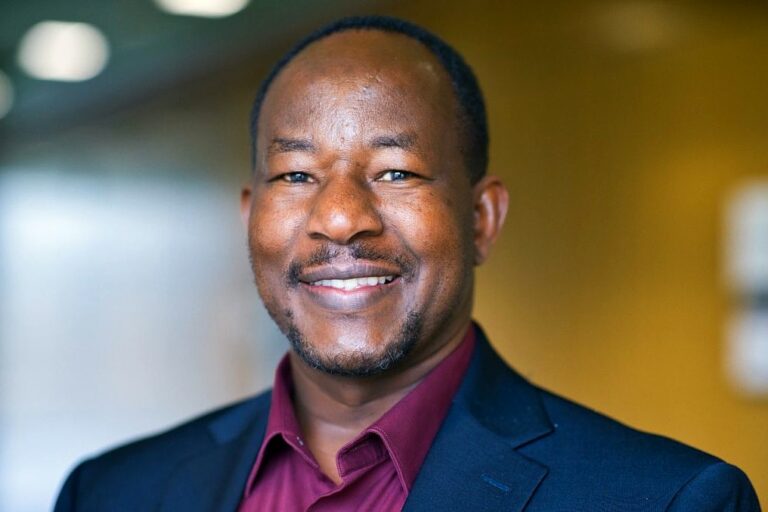Spotlight: Johanna Schuster-Craig
My name is very German. My American parents named me “Yo-hanna,” and have always used the European pronunciation. When I was a small child, I remember often hearing other Americans ask where my name came from – what nationality is that? Who are you named after? Where are you from? How do you spell it? I seem to remember my parents always saying, “It’s a German name.” To them, that sentence seemed to be explanation enough.
When I was in the sixth grade, I bought my first German textbook. It had a yellow and brown cover, cost about eight dollars at the Hawley-Cooke bookstore, and was called “German: How to Speak and Write It.” If my name was German, then I was going to get to the bottom of this German stuff. I spent a couple months as a tween alternating between painting my nails and repeating simple phonetic sentences like, “Hans ist der Vater von Peter und Gretl.” “Die Karte kostet sechs Mark.” Luckily, when I changed schools in seventh grade, I signed up for a German class with Frau Tomlovic. After that, I was hooked. I took German classes through the 12th grade, and then went to Germany for a gap year on a Congress-Bundestag Youth Exchange scholarship, where I went to Gymnasium and lived with a host family outside of Hamburg.
Because of that early abroad experience, I viewed German back then as a skill rather than a discipline. I was obsessed with theater in high school, and studied theater at the University of Michigan when I returned. I kept up with my German at U of M, mostly thanks to professors’ encouragement, but always thought of it as a side interest. It wasn’t until I contemplated returning to graduate school that a friend and colleague at U of M suggested I try German. It was the best fit for my skill set at that time, and opened up a lot of opportunities for me.
I now write on German politics and culture, and have found many interesting ways to combine all of my interests. After living in Germany on and off for several years, I finally feel like my name is a reflection of my cultural identity. I teach courses on German drama, and conducted fieldwork with an organization in Berlin that uses theatrical role plays to pursue political and social goals. I sometimes blog about performance art and YouTube stars, using my performance background to support my analysis. There are so many ways to use German to support your career goals and interests. Ultimately it’s up to you to shape your own path in creative ways – and that applies no matter what your name is.


